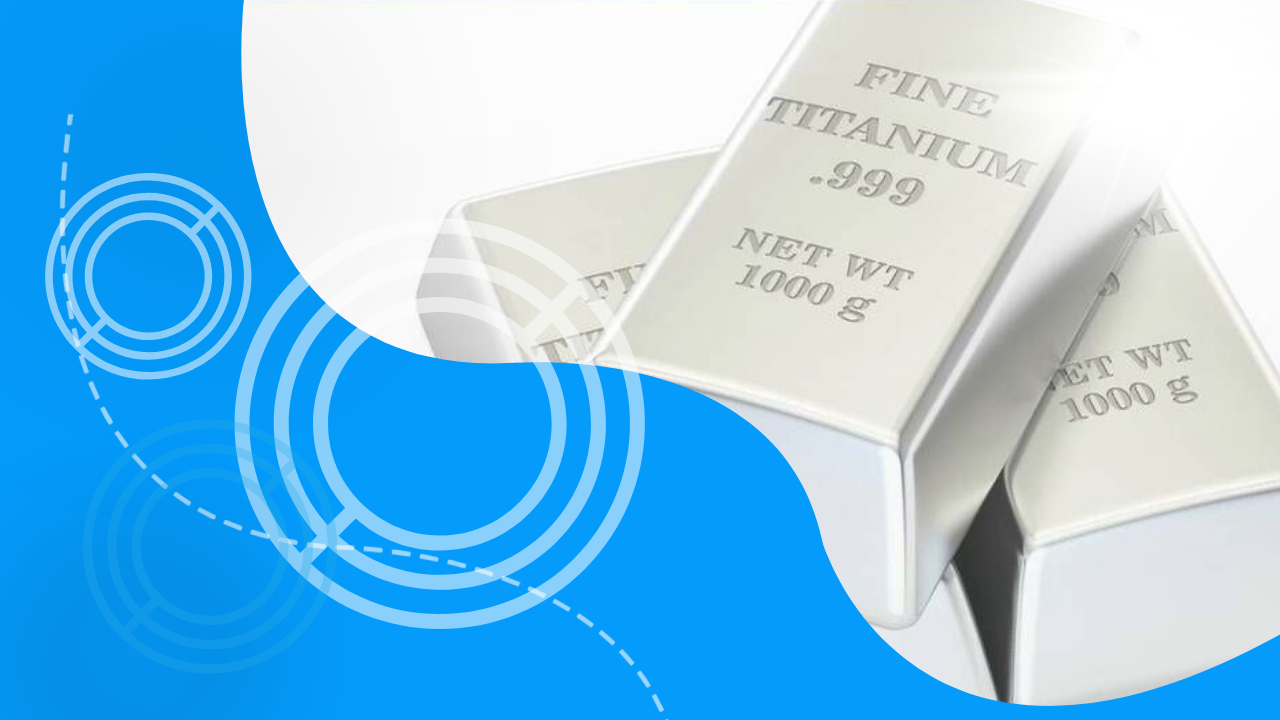In the wake of Western sanctions against Russia, European policymakers are grappling with the continent’s heavy dependence on Russian-produced titanium, a critical material for the aerospace industry.
Despite banning or restricting imports of other Russian metals, Europe has yet to take similar action on titanium. This is largely due to the aerospace sector’s significant reliance on supplies from VSMPO-AVISMA, the world’s largest integrated titanium producer, which is based in Russia.
The issue came to the fore earlier this year when Canada imposed sanctions on VSMPO-AVISMA, prompting a personal intervention by French President Emmanuel Macron to secure waivers for European aerospace firms like Airbus. This underscores Europe’s continued vulnerability to potential Russian retaliation through titanium export restrictions.
Titanium’s Importance to Aerospace
Titanium is highly prized in the aerospace industry for its unique properties – it is lightweight, incredibly strong, has a high melting point and is corrosion resistant. It is a crucial material used in aircraft engines, landing gear and fuselage.
However, the supply of aerospace-grade titanium is limited, as only a handful of producers globally can meet the stringent purity and quality standards required. Prior to the 2022 Ukraine invasion, VSMPO-AVISMA was estimated to have supplied up to a third of the global aviation sector’s titanium needs.
Europe’s Titanium Dependency
Europe was the top destination for Russian titanium product exports in 2019, accounting for 45% of the total. Russian titanium, primarily in the form of wrought alloy for aviation, made up 16% of the EU’s imports that year.
The problem for Europe is that it lacks domestic titanium sponge production, has limited ingot capacity, and virtually no recycling facilities. This leaves the continent heavily reliant on imports, swapping one dependency (Russia) for another (the United States).
Transatlantic Recycling Loops
Much of Europe’s titanium scrap is currently processed in the US, where it is used alongside imported Japanese sponge to produce aerospace-grade alloys. This “transatlantic loop” effectively locks Europe into an asymmetric relationship with US suppliers, discouraging investments in domestic recycling capacity.
Potential Solutions
Experts argue that Europe’s best short-term solution is to re-shore its scrap processing capabilities, reducing reliance on US suppliers. However, this will require navigating the interests of European aerospace firms and the leverage of their American counterparts.
Longer-term, integrating Ukraine’s titanium sponge production into the European supply chain could help, but the timeline for this is uncertain. The EU’s Critical Raw Materials Act also sets ambitious targets for domestic extraction, processing and recycling of critical minerals like titanium by 2030 – goals that Europe is currently far from achieving.
Ultimately, breaking free of Russia’s titanium grip and reducing Europe’s strategic dependencies will require a concerted, multi-pronged effort by policymakers and industry. The stakes are high, as the aerospace sector’s competitiveness and resilience hang in the balance.


